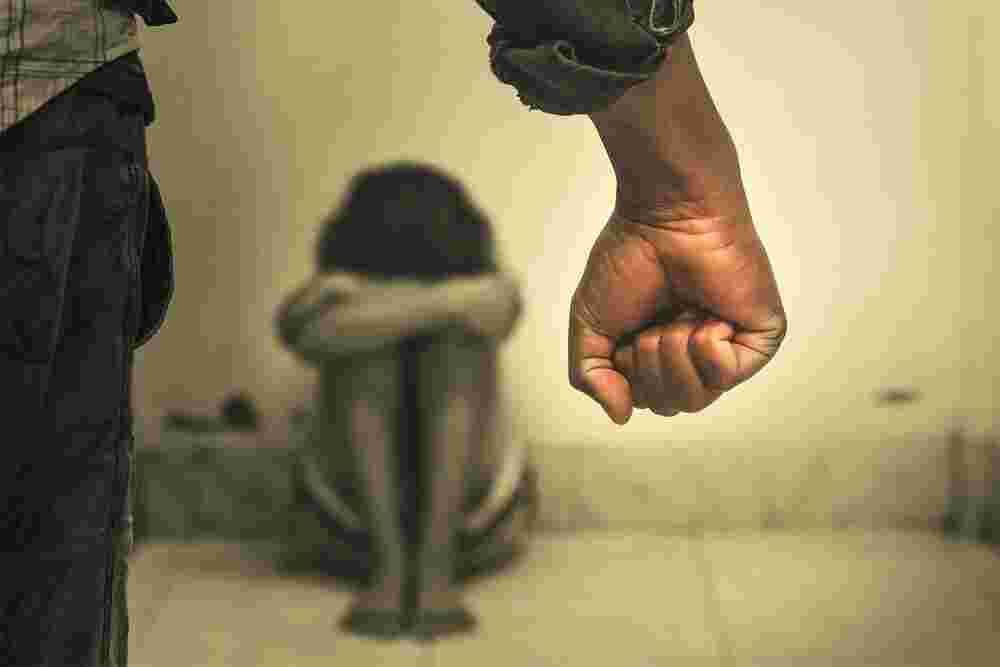Domestic abuse is a serious problem that leaves many victims suffering in silence. The recent sad loss of Nigerian guitarist Fiokee’s sister, Ememe Effang, shows how dangerous it can be.
Ememe was reportedly strangled by her boyfriend, proving how life-threatening abuse can be.

This painful event is a strong reminder that domestic abuse must be addressed, and victims need support.
Knowing why many people do not speak up is important in helping them get the right help and stopping such tragedies from happening again.
1. Fear of More Violence
Many victims worry that speaking up will make the abuse worse. They fear their abuser will retaliate if they try to leave or seek help.
2. Shame and Embarrassment
Abuse can make victims feel weak or ashamed. They may think people will judge them or blame them for staying in the relationship.
3. Financial Dependence
In many cases, the abuser controls the victim’s money, making it hard for them to leave or support themselves. This financial trap keeps many silent.
4. Emotional Manipulation
Abusers often break their victims down emotionally, making them believe they are worthless or that no one else will love them. This psychological control makes speaking up even harder.
5. Fear of Not Being Believed
Many victims worry that if they speak up, no one will believe them—especially if their abuser is well-respected or powerful in society.
Also read: Domestic Abuse: Fiokee Mourns Sister’s Tragic Death

